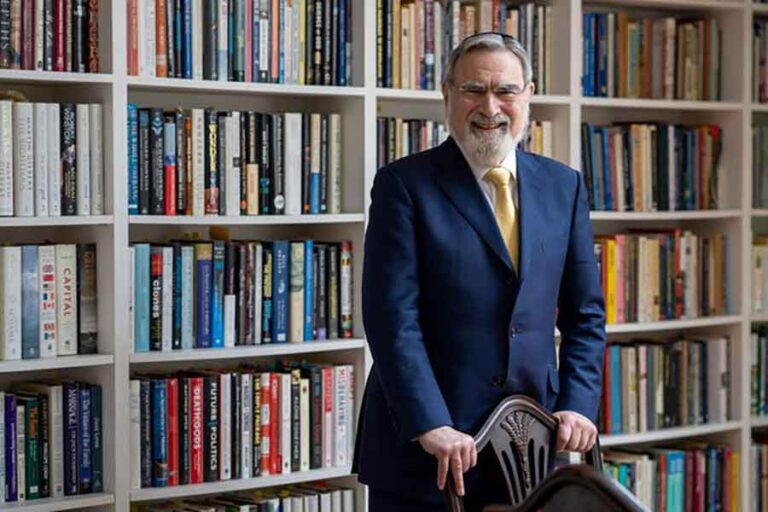Time plays a significant role in Judaism, with the holiness of time being highlighted in parshat Emor through a list of festivals and holy days (Lev. 23:1-44).
Judaism recognizes the importance of time from the very beginning, as the first thing G-d declared holy was a day – Shabbat. The Jewish people were given the first mitzvah of sanctifying time even before the Exodus by determining and applying the Jewish calendar. The Prophets were the first to see G-d in history, emphasizing time as the arena of the Divine-human encounter. This contrasts with other religions and civilizations that often associate G-d, reality, and truth with timelessness.
One unique aspect of the Jewish approach to time is its duality, evident in various temporal structures. For example, Judaism uses both the lunar and solar calendars, counting time by the monthly cycle of the moon and the seasonal cycle of the sun. This duality is also reflected in the daily prayers, the yearly calendar, and the festivals.
The duality in Jewish time extends to the festivals themselves, with a distinction between the historic pilgrimage festivals and the cyclical observances focusing on metaphysical and jurisprudential truths. This dual approach to time allows for a multifaceted understanding of reality and the Divine-human relationship.
Ultimately, Judaism’s embrace of duality in time reflects the complexity of reality and the richness of the human experience. Rather than simplifying the concept of time, Judaism celebrates its multifaceted nature, offering insights into both the natural world and historical events.


